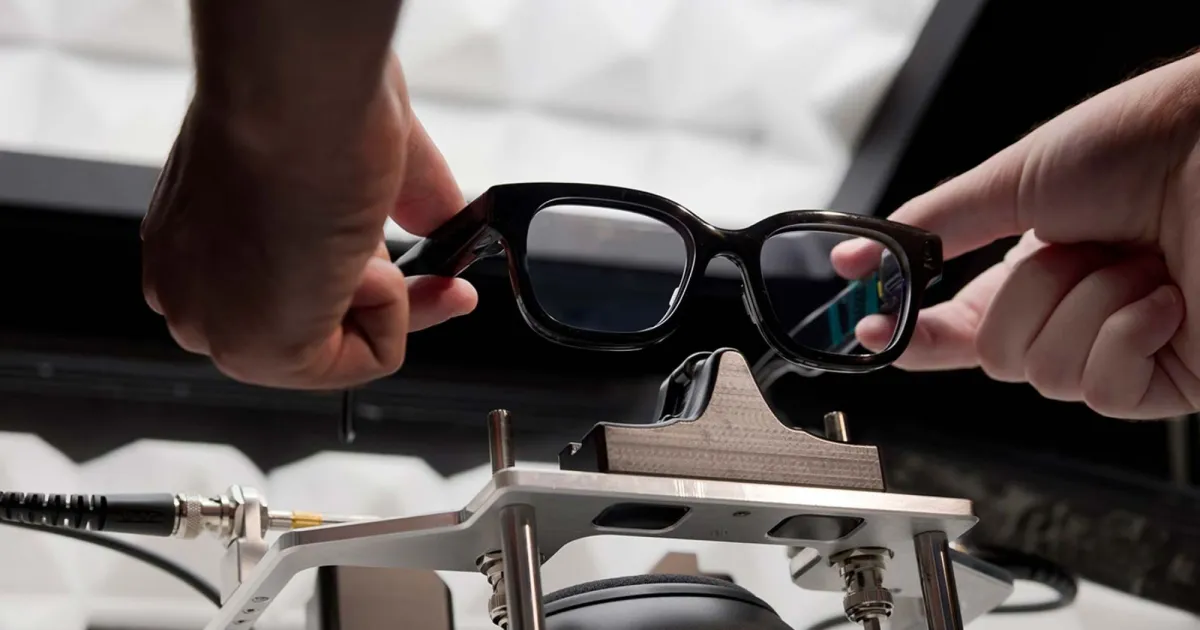Copyright Digital Trends

What Happened: Alright, so remember Magic Leap, the company with those super futuristic (and super-hyped) augmented reality headsets? Well, they just announced a massive change of plans. At a big event in Riyadh, they basically said they’re getting out of the business of trying to build and sell their own standalone hardware. Instead, they’re going to be a “strategic partner” – meaning, they’re going to provide their high-tech magic to other companies. And their first big new partner? Google. Yep, Magic Leap and Google are teaming up again, which is a pretty huge comeback. The plan is to combine Magic Leap’s expertise (they’re apparently amazing at the optics and lens tech) with Google’s own cutting-edge screen technology (a new microLED thing called Raxium). The goal is to finally create AR glasses that are clear, comfortable, and can actually be mass-produced. They even showed off a prototype of these smart glasses, giving everyone a first look at what Google’s “Android XR” ecosystem might feel like. Why This Is Important: This is a pretty big shake-up for the AR world. For starters, it signals that Google is serious about getting back into smart glasses, years after the original Google Glass fizzled out. It’s also a new lease on life for Magic Leap. After struggling for years to get regular folks to buy their expensive headsets, they’ve found a new, smarter way to play: stop trying to beat everyone, and start powering everyone. This team-up could be the thing that finally cracks the code on AR glasses. They’re tackling the biggest problems that have held the tech back, like making them look good, not making you dizzy, and not having the battery die in 30 minutes. It’s a clear shot across the bow at Meta, Apple, and Snap, who are all racing to build the same thing. Recommended Videos Why Should I Care: So, what does this actually mean for you and me? This might be our first real chance to get AR glasses that look and feel like, well… glasses. Not a giant, bulky headset. We’re talking about something lightweight you could wear all day, seamlessly mixing your digital world (like maps, notifications, or messages) with the real world in front of you, without your face overheating. For anyone who builds apps or just loves tech, this is also a huge deal. It means “Android XR” could become a new, open platform for AR, just like Android was for phones. What’s Next: This isn’t just a one-off experiment; they’ve signed a three-year deal to keep this partnership going. Magic Leap’s CEO said their whole mission has changed – they’re focused on making AR practical and accessible for everyone, not just a niche toy. We’ll probably hear a lot more about their plans and see a real roadmap for these new Android-powered glasses sometime in 2026. Get ready, because it looks like Google is about to jump back into the AR game in a big way. Moinak Pal is has been working in the technology sector covering both consumer centric tech and automotive technology for the…



